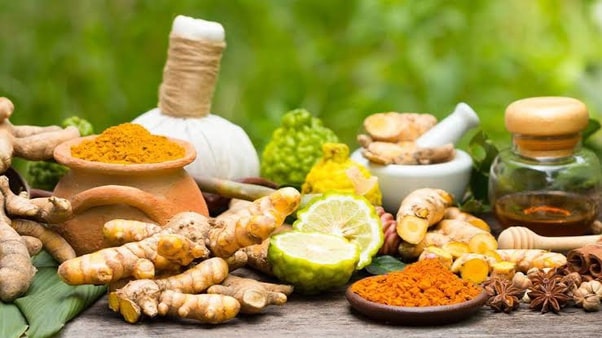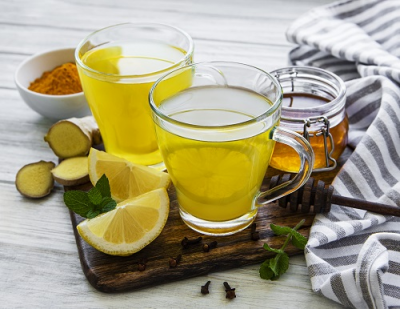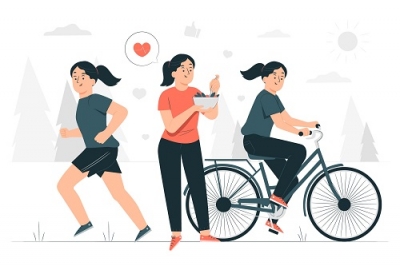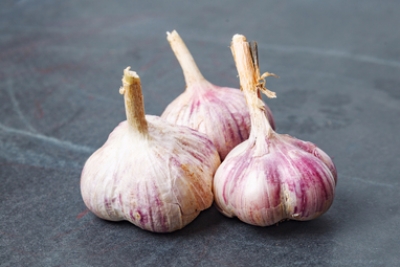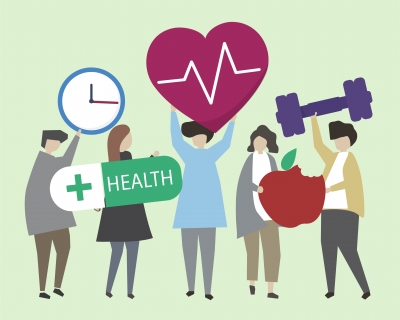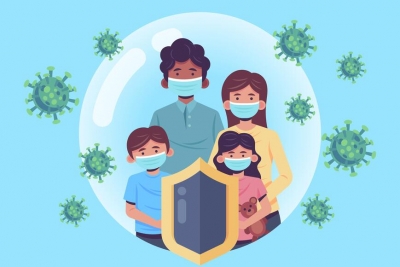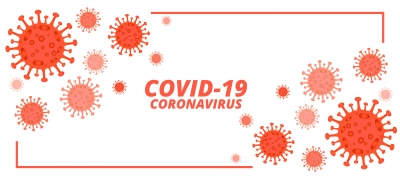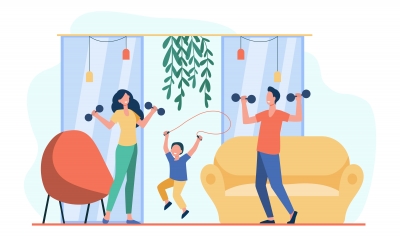There are usually two kinds of people when it comes to the topic of Ayurveda. Those who swear by it, and those who scoff at it. Wait, did we say two groups? Because there is also that third group completely clueless about Ayurveda, to begin with. So what is Ayurveda, and what’s so mysterious about it?
Ayurveda, the name literally translates to knowledge of life, is said to have originated in Vedic India. A wholesome natural medicine system, Ayurveda believes in prevention, rather than cure and looks at the human body as an entity that has three interconnected elements, one going off the track would cause the remaining two to lose balance as well. While there are several debates with regard to the extent of Ayurveda’s effectiveness in treating ailments, there is no denying that Ayurveda can still help in living a healthy life with better immunity, especially when followed routinely in accordance with individual requirements.
Here are 5 Ayurvedic health tips that will especially help teenagers:
Increase in cognitive abilities: Teenagers very often struggle with concentration and focus when it comes to studies. Ashwagandha and Brahmi are the two most popularly recommended herbs in Ayurveda that are said to help improve cognitive abilities such as memory capacity, concentration, and a stable nervous system. A majority of popular herbal remedies aimed at stress relief or even better sleep commonly include Ashwagandha whereas a plethora of brain tonics available in the market swear by the benefits of Brahmi, among other herbs. There are also other herbs like Shankhapushpi and Bacopa that are said to have similar benefits.
Boost in immunity: A healthy immune system is crucial, for teenagers and adults alike. Turmeric is widely regarded as an immunity booster, and you would need to go no further than your own kitchen to find it! Turmeric contains curcumin which has healing properties. Similarly, Amla and Ginger – two more herbs, very commonly found, have proven to boost immunity when consumed regularly. Two more herbs not so common and yet proven to be very beneficial for our immune system are Andrographis and Guduchi.
Weight loss: Several studies show that obesity or unhealthy weight gain is becoming increasingly commonplace among teenagers. While there is a lack of sufficiently conclusive data regarding whether or not Ayurveda can directly help in losing weight – some herbs prescribed in Ayurveda have proven to help boost the process by boosting metabolism and reduce stress. For example, herbs like Triphala, Guggul, Purnarnava, and Kalonji can help with obesity by boosting metabolism and improving kidney health.
Increase in metabolism & appetite: A healthy appetite is important in tackling a typical day loaded with school tasks and extracurricular activities. Ayurvedic herbs like Amla, Haritaki, Ginger, and Alfalfa have shown proven benefits in boosting metabolism and delivering a healthy appetite when consumed over a prolonged period. A healthy metabolism would also result in a detoxified body, and in turn, a reduction in typical teenager skin problems such as acne and hair fall!
Gynecological disorders: As odd as it may sound, gynecological disorders are becoming increasingly common in teenagers, mostly due to a changing lifestyle where stress is the driving factor. Ayurveda, being a holistic system, can help with several such issues – usually without side effects, unlike the modern treatments for most gynecological issues. Herbs like Shatavari, Lodhra, Ashwagandha, and Triphala have shown to be partially effective in dealing with menstrual and uterine disorders.
While Ayurveda does have benefits galore, it is important to note that many of the suggested herbs and spices and their prescribed usage have not been adequately studied by modern medicine, especially outside India – for reasons such as unavailability of said herbs or insufficient information. For example, Ayurvedic practitioners do not receive licenses in most Western countries including the United States. Ayurveda is better used as a complementary therapy for added benefits, and overall well-being – for both adults and teenagers.
